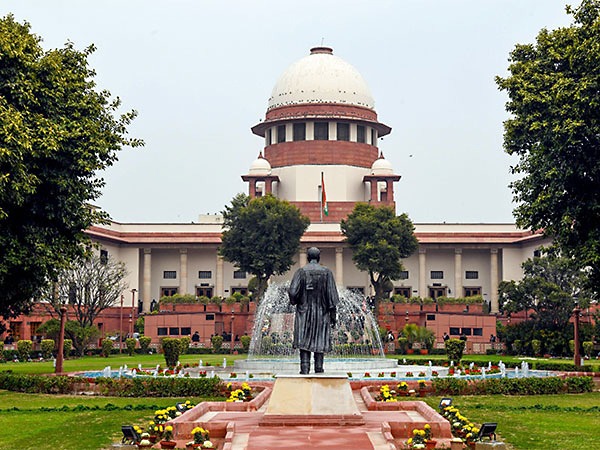Custody Dispute Involving a Four-Year-Old Child Escalates to Supreme Court
In a high-profile custody dispute involving a four-year-old child, the Supreme Court of India has taken significant steps to ensure the safe return of the child to the father. The case involves an Indian man and his Russian wife, who is accused of taking the child and fleeing with her. The court has issued several critical orders aimed at tracing the missing child and preventing the mother from leaving the country.
The Supreme Court bench, comprising Justices Surya Kant and Joymalya Bagchi, directed the Ministry of External Affairs (MEA) and the Ministry of Home Affairs (MHA) to issue a lookout notice against the Russian woman. This move is intended to prevent her from leaving the country while the legal proceedings are ongoing. Additionally, the court ordered the Delhi Police Commissioner and the Station House Officer (SHO) of the Defence Colony Police Station to locate the child without delay and hand over custody to the husband.
The apex court also instructed Indian authorities to seize the passport of the Russian woman and asked airport and immigration officials to monitor all entry and exit points across the country. These measures aim to prevent the mother from escaping the jurisdiction of the Indian courts.
Another key directive from the court was to allow Indian authorities access to the residential premises of the Russian official. Officers from the MEA were ordered to approach the Russian Embassy for permission to enter the residence in search of the child. The court emphasized that it expects full cooperation from the Russian Embassy, including the Delhi Police, to comply with its orders. A copy of the order was handed over to the Commissioner of Police, Delhi, for immediate action. Furthermore, the order was circulated to all airport authorities, and immigration officers were directed to ensure that the petitioner does not leave the country.
The matter was scheduled for further hearing on Friday, July 18. During the hearing, the court expressed concerns about the “doubtful conduct” of the counsel representing the Russian woman. This raised questions about the integrity of the legal representation and the potential impact on the case.
The Indian husband, Saikat Basu, alleged that his Russian wife was seen entering the Russian embassy through the back door, accompanied by heavy luggage and an official from the embassy. He claims that she subsequently absconded with their child. The court also noted allegations that the Russian woman may be in a relationship with an official from the Russian Embassy.
Notably, the Russian woman’s father is believed to be a retired officer of the FSB, the Russian intelligence agency. This adds another layer of complexity to the case, raising concerns about potential diplomatic implications.
The couple initially met in China, where the husband worked as an engineer with Tata Consultancy Services (TCS). They married in India in 2017. Their relationship, however, took a dramatic turn when the mother allegedly took the child and fled the country.
This case highlights the challenges faced in international custody disputes and the need for swift and coordinated actions by both domestic and foreign authorities. The Supreme Court’s intervention underscores the gravity of the situation and the importance of ensuring the welfare of the child. As the case moves forward, all parties involved will be under close scrutiny to ensure that the best interests of the child remain the top priority.







